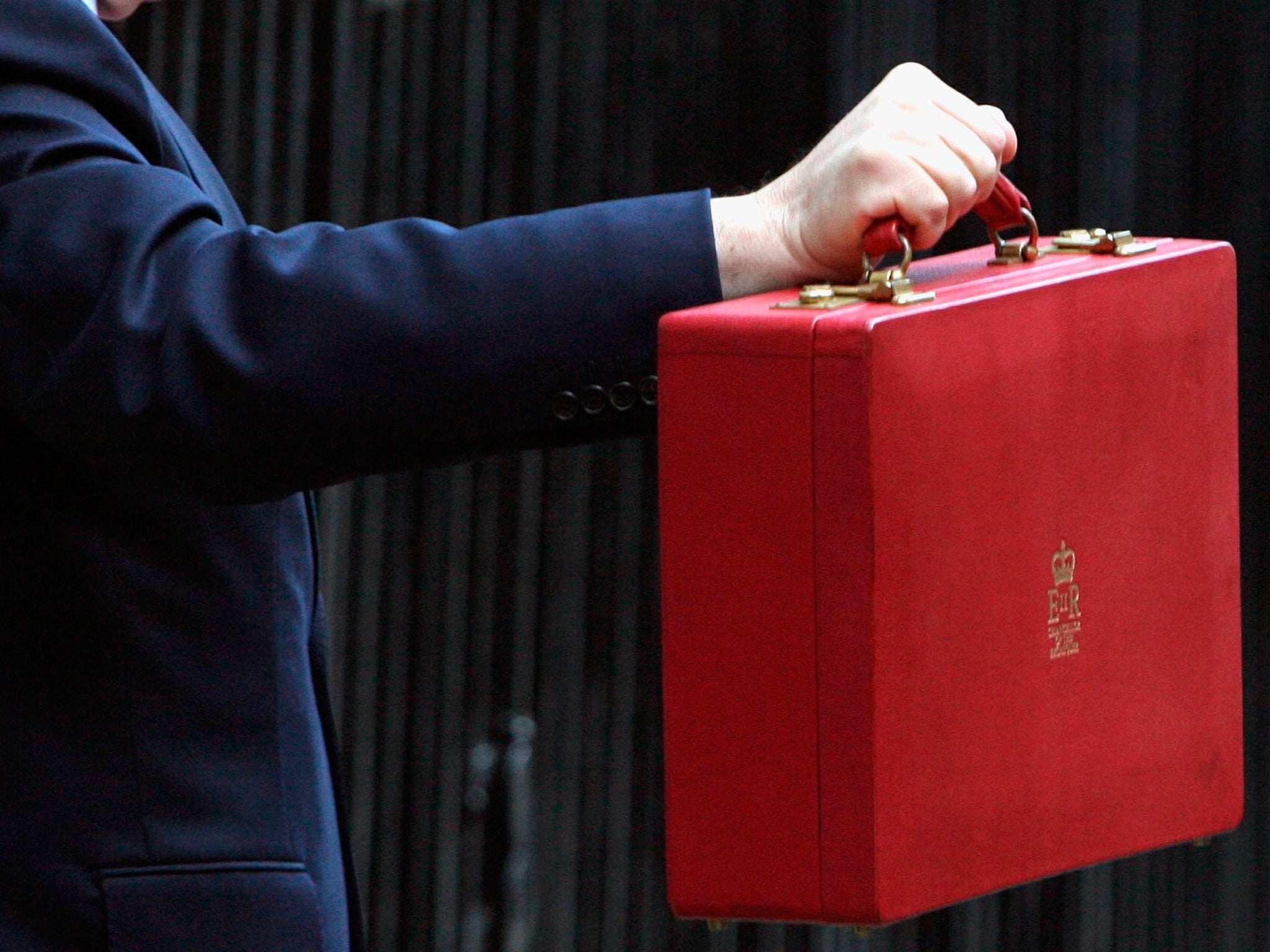Yet again, the economy is the battleground on which the election will be fought
Parties are under pressure from sceptical voters to spell out their spending plans

Like every election in Britain since the Second World War, this contest is being fought on the central battleground of the economy.
All the major parties are under pressure from sceptical voters to spell out their tax and spending plans. Labour insists it will reduce the growth of current expenditure, getting the budget into balance while ensuring that public sector net debt as a share of GDP is falling by 2020. The Conservative Party is committed to eliminating the structural deficit, but in addition propose £7bn of tax cuts. Determined to dispel their image as the “nasty party”, Tory politicians are committed to protecting spending in popular areas. The consequence: a striking reluctance to level with voters about the post-election choice: for example, would the Conservatives reduce the size of the public sector beyond their current plans, or forego tax cuts if circumstances dictate? Ministers retort that £12bn of savings can be generated from the welfare bill, but are unable to say where. Meanwhile, the Liberal Democrats try to evade responsibility for the Coalition’s austerity policies. The parties have so far been reluctant to spell out where the axe will fall: refusing to level with voters risks undermining trust, creating the sense of a “phoney war” election.
The Tories began the campaign ahead of Labour on economic competence, traditionally a key strategic advantage. Nonetheless, Cameron and Osborne’s claim to credibility appears fragile, weakening their standing in the polls. The underlying weaknesses of the UK economy that led to the 2008 crash, notably excessive private household debt and structural imbalances accentuated by an over-valued exchange rate, are scarcely resolved. The parties promise deficit reduction as well as additional spending, but the fundamental question of how to rebuild the British economy goes largely unanswered as the current account deficit is among the largest in Britain’s peacetime history.
In these circumstances, Labour should seize the opportunity when voters might actually be listening to defend its record. True, the party should have created a more resilient tax base amassing a surplus during the period of buoyant growth: even then, the public sector deficit in 2007 was 2.6 per cent of GDP, far outweighed by the collapse in output following the crash. The post-1997 administration had a strong track-record: per capita GDP rose faster than every other G7 economy. The boost to competition policy and investment in skills and human capital led to improved productivity and growth performance. Labour must not be tempted to downplay the issue of economic credibility, surmising it can win the election on the NHS and living standards alone. The party needs to be specific about its fiscal plans, going beyond the pledge to withdraw the winter fuel allowance from wealthy pensioners, retaining the public sector pay freeze, and cutting bureaucracy throughout the next parliament.
Rather than allowing the election to descend into partisan hyperbole which repels unpersuaded voters, all the parties should demonstrate their willingness to address the strategic challenges confronting the UK. One task evidently concerns the task of deficit reduction and reduced public spending. A further challenge is the financial sustainability of the NHS and social care: in 2010, 11,000 people in the UK lived to the age of 100. By the end of the century that figure will reach 1.1m as the proportion of the working age population falls severely depleting tax revenues. Extra money is needed, but so too is reform.
The UK’s capacity to create wealth will be further affected by the rise of emerging markets, automation, global competition, the increased “outsourcing” of middle-class jobs, but above all, the ability to drive sustained improvements in productivity. Socially, Britain will have to deal with the staggering generational divide between children from wealthy households whose prospects in life are better than ever, and those from disadvantaged backgrounds who risk ending up materially worse off than their parents. Meanwhile, the territorial future of the UK is threatened as the aftermath of the Scottish referendum campaign unleashes a wave of destructive forces. In these circumstances, politicians ought to remember: elections are not just an arid tactical contest for votes, but a principled battle of ideas for the country’s future.
Patrick Diamond is a lecturer at Queen Mary, University of London and a former adviser to Tony Blair and Gordon Brown.
Join our commenting forum
Join thought-provoking conversations, follow other Independent readers and see their replies
Comments